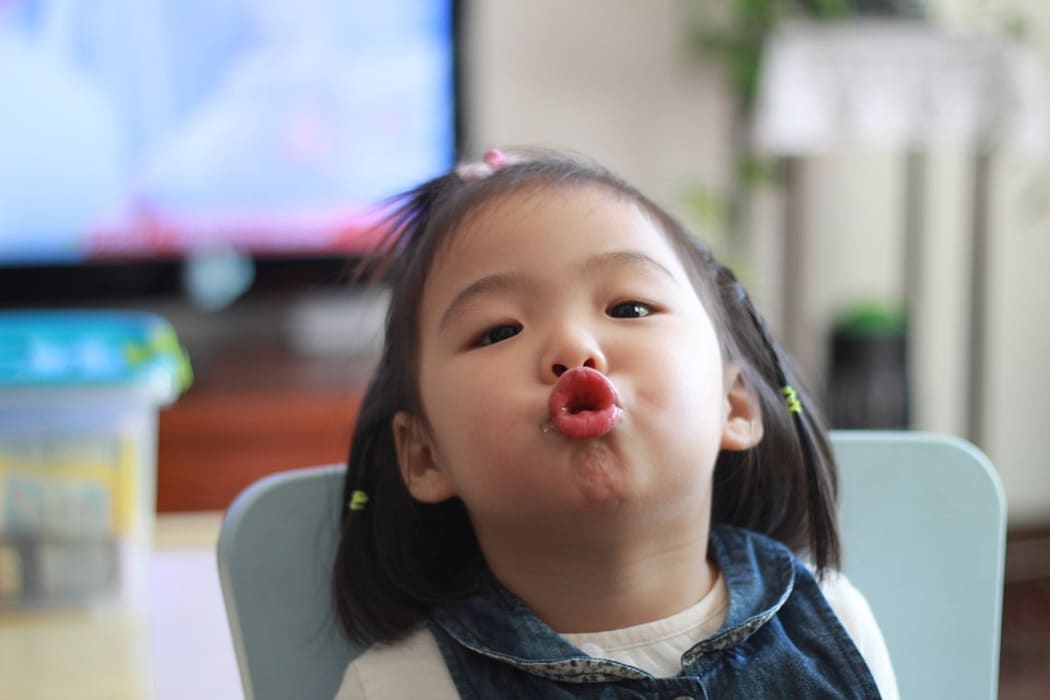Most people lie, but we teach our children that lying isn't good. Psychologist Penny Van Bergen explains all about how children's lies are really a good thing, and how best to handle it.

Did you draw on the wall? Photo: Pixabay
A senior lecturer in educational psychology at Macquarie Univeristy, Dr Van Bergen has co-authored a new article looking at the why kids lie and whether it's normal.
Most people lie. Whether to get out of an unpleasant task, or to save someone embarrassment, to the bigger, more concerning stuff.
But most of us teach our children that lying isn't good, so when you start catching them in lies, (and let's be honest, it's pretty easy to) should you be worried?
She says lying usually starts between maybe two-and-half and four years of age.
"There's this thing called theory of mind that children develop at around age three ... it's that awareness that other people will have different beliefs and emotions and desires to each other.
"Before that age children actually think that whatever's in their mind, they think that's what everybody else thinks as well."
She says it's actually a really great thing for kids.
- Check out RNZ's podcast all about lies, lying and liars: Pants on Fire
"It underpins things like empathy and cooperation, so when young children start to lie we can actually see it as a developmental milestone."
That ability and understanding continues to develop along with their moral compass, she says.
"They become better at keeping track of the details that they need to maintain in their mind and remembering those details as they go, but they also change the way in which they lie.
"As children get older they start to distinguish between different kinds of lies so they start to see white lies as being OK, but lies to harm somebody or to hurt somebody is not OK.
"As they move to adolescence they see information that's personal and about themselves as sort of being their own information, and so it's more OK to lie about that information,
"Things like friends, alcohol and drug use, so things that they think can be personal to them."
She says it's important for parents, teachers and caregivers to think about how they react to discovering children in a lie, as swift punishment can often have the opposite of its intended effect.
"If you're very, very hard on somebody for doing the wrong thing including lying, actually children who experience that kind of discipline actually turn out to be better liars.
"Use appropriate reprimands, appropriate dialogue when somebody's doing the wrong thing:
"To talk about what's happening, why it's not okay and where we should go from here as opposed to very swift and harsh punishment."
It is also important to be aware of the reasons for the lying. While usually it is harmless, it can be a sign of something more concerning, she says.
"If you're worried that it's becoming clustered with other antisocial behaviours then it's worth talking to a GP or a psychologist, but for the most part it's developmentally normal.
"Ditto if the lying might be masking something else that's happening, so if the child is starting to feel ashamed that they're feeling anxious about something … or if they're being bullied they may lie to cover that up."
She also noted that it was important to be aware of the truth, which is so well known for being stranger than fiction.
"There are those times when the child is telling the truth, even if you think they're not."

